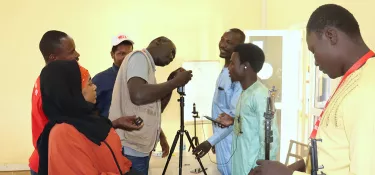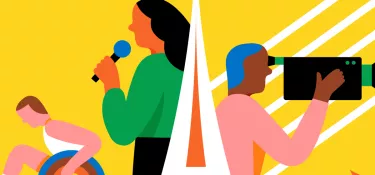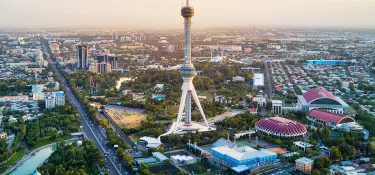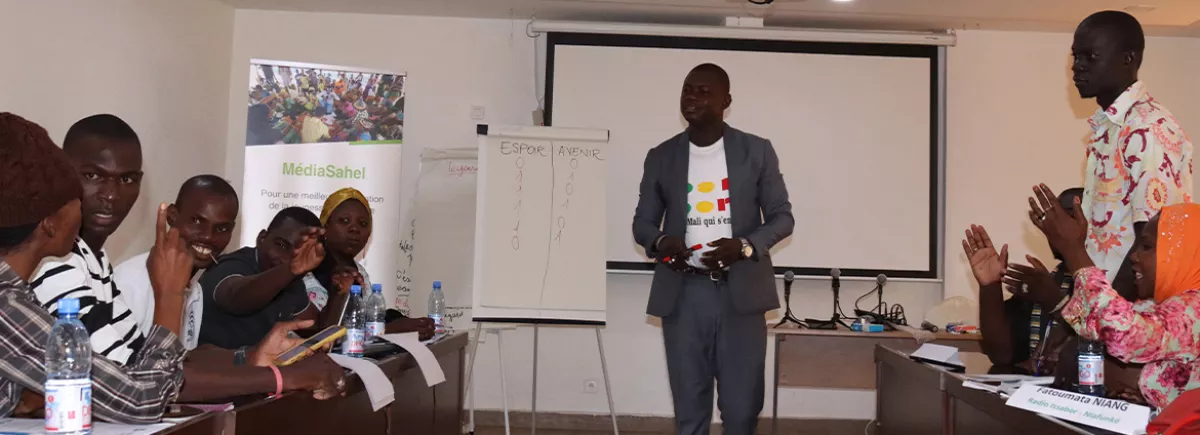
Gender and conflict on the agenda at MediaSahel’s partner radio stations
Related project
MediaSahelMediation, moderation and raised awareness. These words now mean more to those who attended the gender- and conflict-sensitive journalism training launched in May 2021 in Burkina Faso, Mali and Niger. Feedback.
In Mali, Rachelle D. from Radio Parana in Segou talks about speech empowerment, a device that trainers use to express themselves more effectively when talking to an audience.
Speech empowerment made an impression on me. It consists of knowing how to present yourself in front of an audience in order to speak to them in a persuasive manner. I think that my outlook on things has changed since I did the training. I use gender-neutral language more often, which serves as a reminder that multiple genders exist. I am better equipped as a mediating and moderating journalist, especially in times of crisis. Since I followed the training, all I’ve been doing is handing out advice at work – talking about gender and putting my words into practice. The speech that actress Awa B. gave was also very interesting. The main thing I remember is her reference to the woman who could end up ceasing to exist if she keeps taking and enduring the hits without ever speaking up.
Making lasting changes in the editorial offices
Jacques T. is the Director of the radio station in Kaya in the Mid-North of Burkina Faso, and he broadened his I use gender-neutral language more often, which serves as a reminder that multiple genders exist.knowledge of how to apply gender as a concept and learned what stance a journalist must adopt during times of conflict. He has been more inspired by this second module, which mirrors his current circumstances. I am working in an area that is in the midst of a security crisis and this module has helped me to share and learn the methods, tips and attitudes to adopt whenever we are working on a conflict-sensitive story.
For the first time since the project began, the radio station managers took part in topic-based training in order to bring about lasting changes in their editorial offices. I would like to pay tribute to the directors involved because they are the ones who are directing their teams and telling them the editorial line to follow. They are the ones who are responsible for organising the departments and who are therefore in a position to make the radio station staff aware of the various concepts, he added.
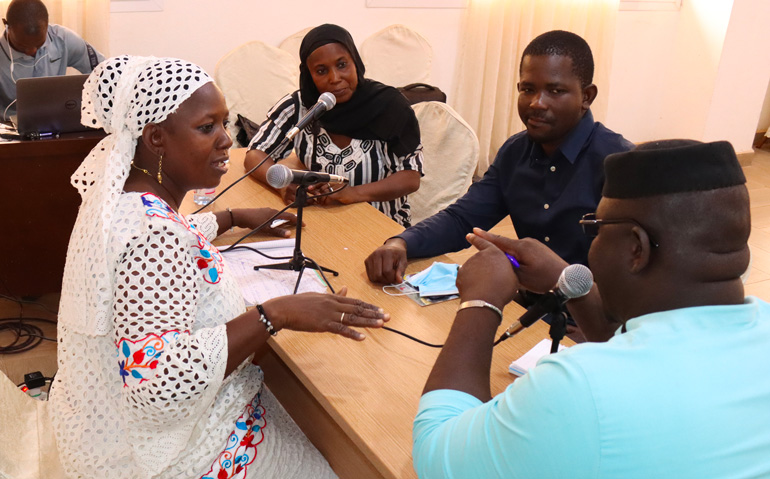
Recognising gender stereotypes and trying to dispel them
In Niger, journalist Zouera from radio Scout de Niamey considers the particular attention she now pays to her content so as not to circulate gender stereotypes. Here in Niger, stereotypes exist that we don’t regard as bad. They are things that we tend to consider normal. On our radio shows, we tend to perpetuate I aspire to become a specialist on the topic. them, almost like a kind of propaganda, without realising that they can be a source of certain types of disputes. However, thanks to the training, we have learned to recognise these stereotypes and to try and dispel them. Understanding that many of these prejudices are socio-cultural constructs represents a major step forward.
The gender module was really inspiring for me and I plan to keep learning about gender because I aspire to become a specialist on the topic. Perhaps I may even become a good journalist who is an expert on gender, she explained.
A total of 144 managers and journalists from 73 partner radio stations of the MediaSahel project in Burkina Faso, Mali and Niger received training on gender- and conflict-sensitive journalism. The next stage of the project will be following up on the lessons learned from these training sessions and the commitments undertaken, which will be carried out on site at the editorial offices of the partner radio stations.
